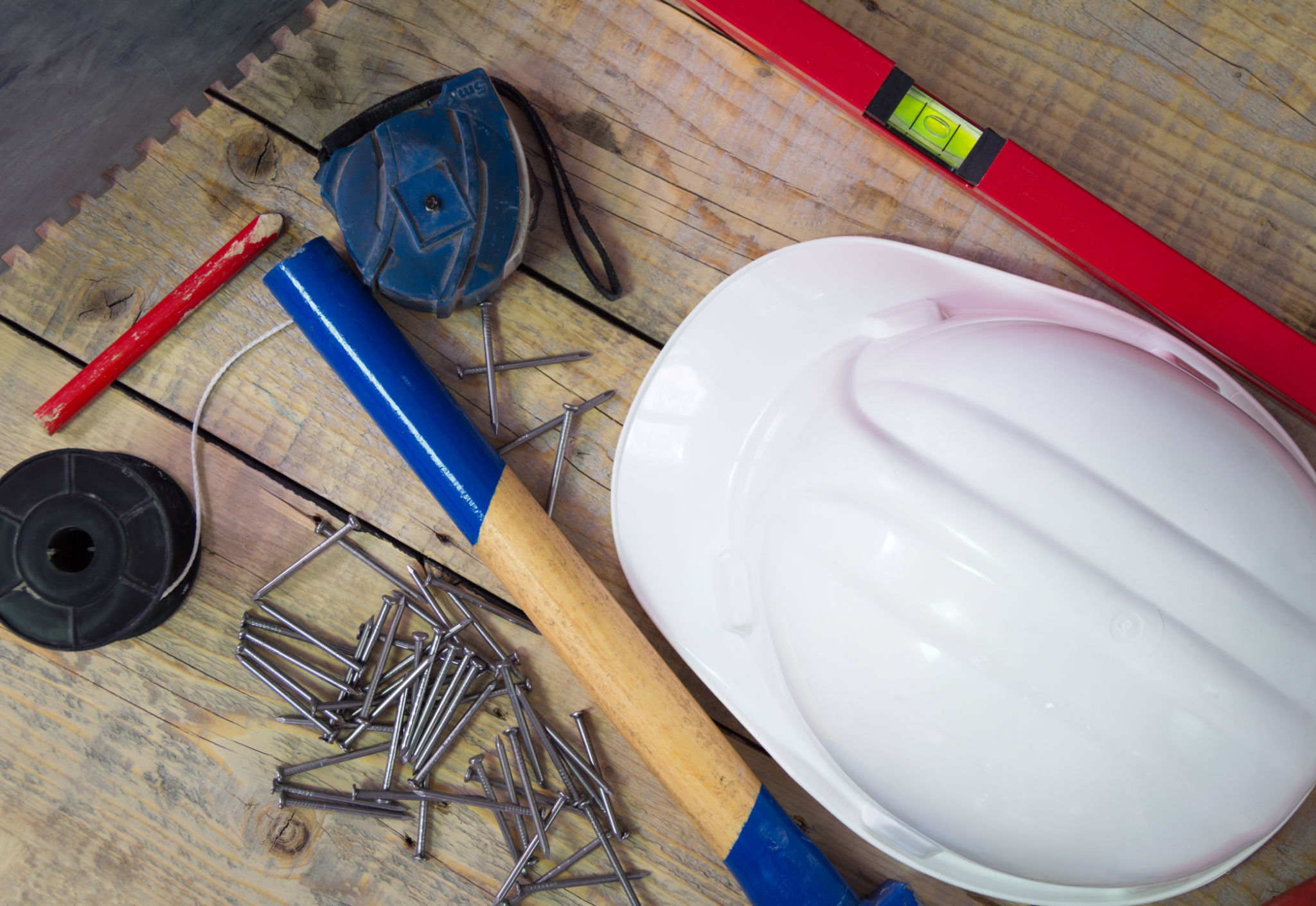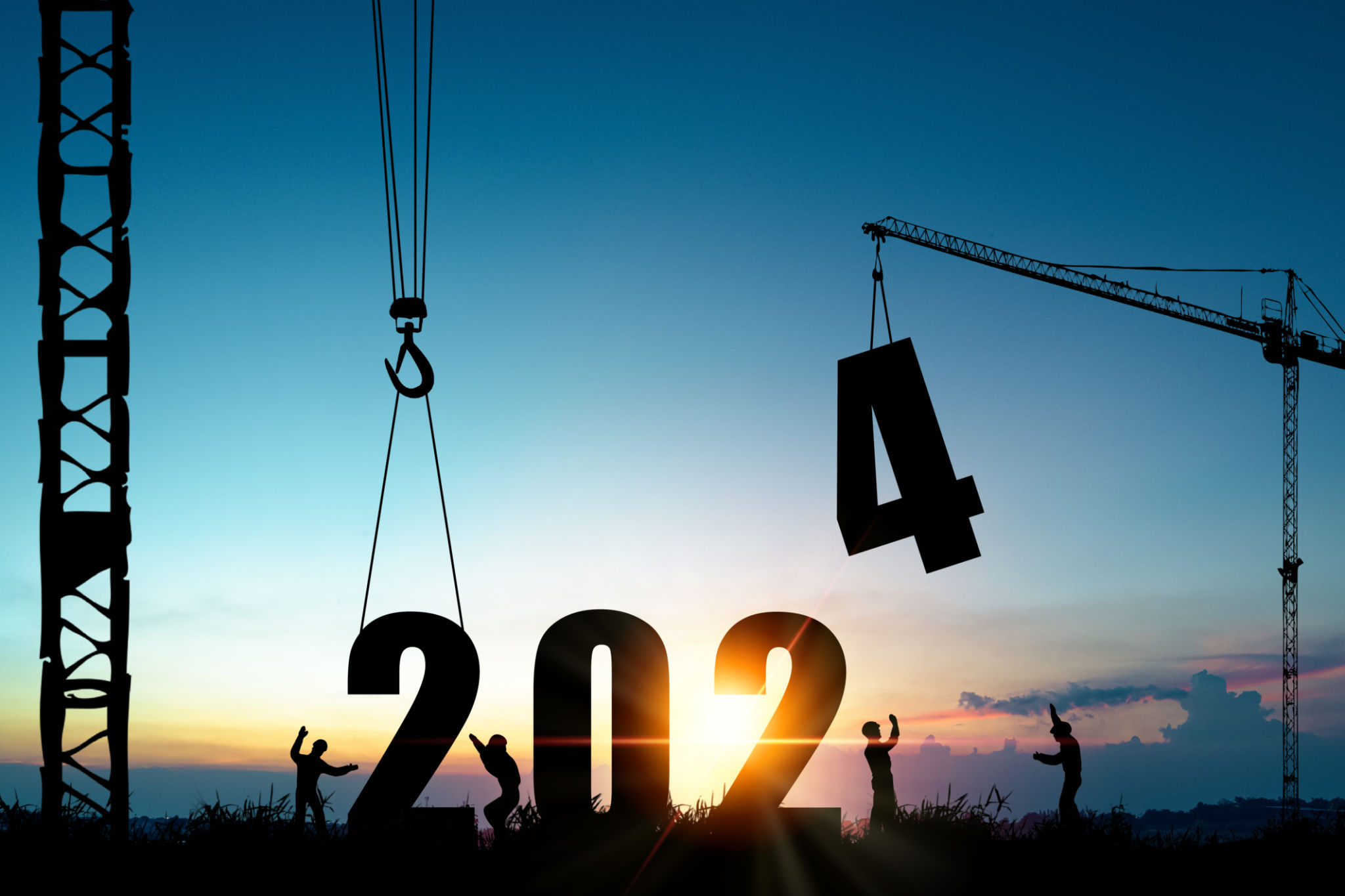Avoiding Common Mistakes When Hiring a Construction Company
Understanding Your Needs
Before diving into the hiring process, it's crucial to clearly define your construction needs. Consider the scope of the project, the timeline, and the budget. This initial step helps you communicate effectively with potential contractors and ensures that both parties have a shared understanding of the project's goals. Taking the time to outline your requirements can prevent miscommunication and set the foundation for a successful partnership.
Once you have a clear idea of your needs, it’s easier to identify which construction companies are best suited for your project. Not all companies specialize in every type of construction, so selecting those with relevant experience is essential.

Research and Recommendations
Thorough research is key to finding a reliable construction company. Start by seeking recommendations from friends, family, or colleagues who have completed similar projects. Word-of-mouth referrals often provide honest insights into a company's work ethic and reliability.
Additionally, take advantage of online resources. Customer reviews and ratings on websites like Google and Yelp can offer valuable information on a company's reputation. Look for patterns in feedback that might indicate consistent issues or strengths.
Checking Credentials and Experience
One common mistake is overlooking the importance of credentials and experience. Verify that the construction company holds the necessary licenses and certifications required by your local authorities. These credentials are not only a legal requirement but also a sign of professionalism and competence.

Experience in the industry is equally important. Companies with a proven track record are more likely to deliver quality work and handle unexpected challenges effectively. Ask for examples of past projects, particularly those similar to yours, to gauge their capability.
Requesting Detailed Estimates
Avoid vague or incomplete estimates by requesting detailed proposals from potential contractors. A comprehensive estimate should include labor costs, material expenses, timelines, and any other relevant details. This transparency helps prevent unexpected costs later in the project.
- Ensure all elements of the project are accounted for in the estimate.
- Clarify any points you don’t understand to avoid confusion.
- Compare estimates from multiple companies to ensure competitive pricing.

Evaluating Communication Skills
Effective communication is crucial in any construction project. Pay attention to how responsive and clear the construction company is during your initial interactions. This will often indicate how they will communicate throughout the project.
Choose a company that takes the time to answer your questions thoroughly and keeps you informed at every stage. Open and honest communication helps build trust and ensures that any issues are addressed promptly.
Reviewing Contracts Carefully
Before signing any contracts, review all documents carefully to ensure they align with your expectations and the agreed-upon terms. Don’t hesitate to seek legal advice if needed to fully understand the contract's implications.

Ensure that the contract includes specifics about payment schedules, timelines, materials to be used, and procedures for handling changes or disputes. A well-drafted contract protects both parties and serves as a reference point throughout the project.
Monitoring Progress
Once the project begins, stay engaged by monitoring progress regularly. This doesn’t mean micromanaging but maintaining an active interest in developments. Regular site visits and meetings with the contractor help keep the project on track.
Being proactive allows you to address any issues early on, preventing them from escalating into bigger problems. Your involvement demonstrates a vested interest in the project's success.

Learning from Past Mistakes
If you've had previous experiences with construction projects, reflect on those outcomes to identify what worked well and what didn’t. Learning from past mistakes helps you make more informed decisions in future projects.
By understanding where things went wrong previously, you can take preventative steps to avoid similar pitfalls, ensuring a smoother process with your current construction company.